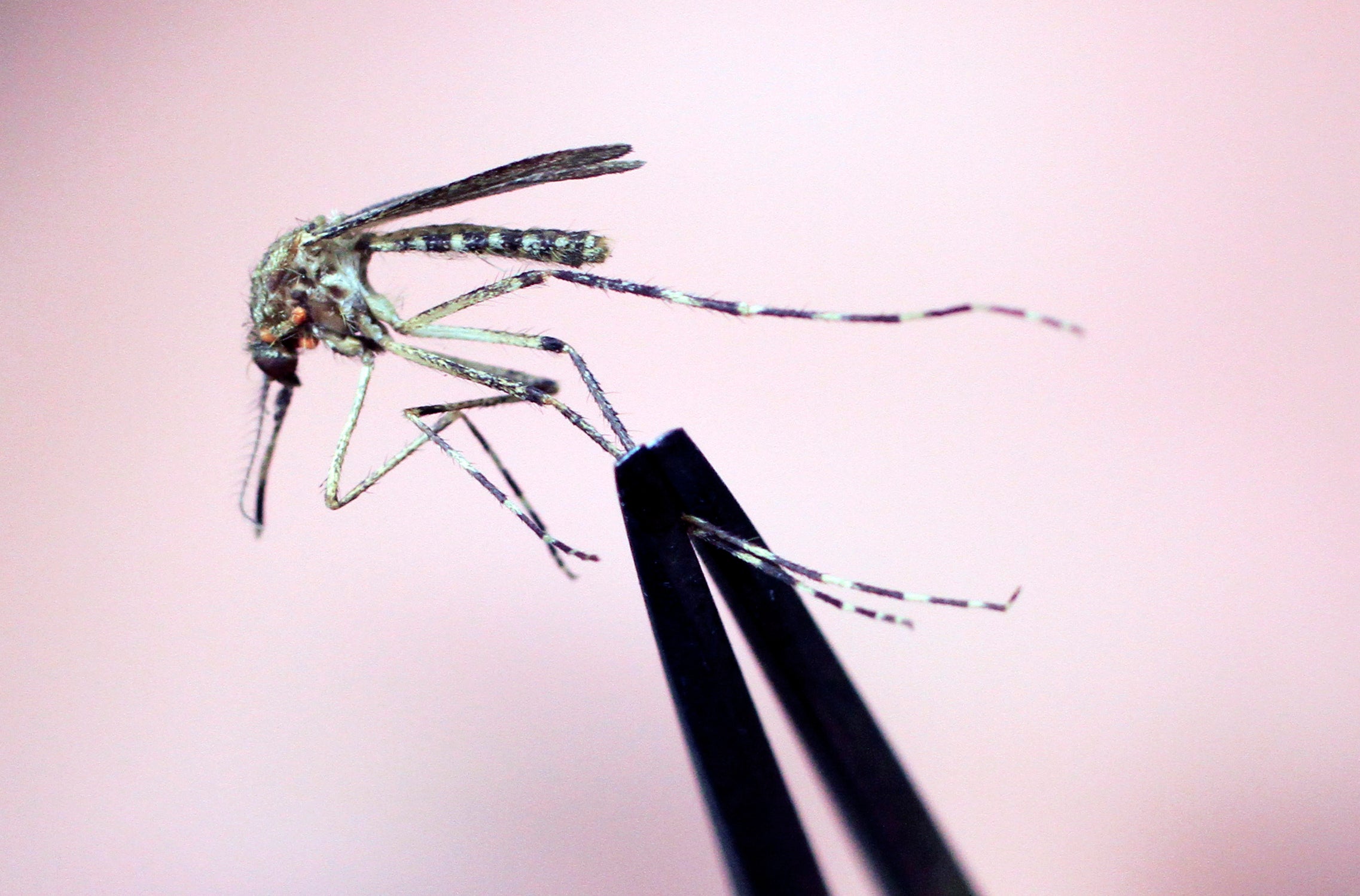Rare but deadly mosquito disease has New England hotspots warning against going out at night
Health officials warn that a rare but deadly mosquito-spread disease is posing a serious threat in parts of New England, prompting the cancellation of some events and changes to sports schedules to avoid bites by infected bugs

A rare but deadly mosquito-spread disease is posing a serious threat in parts of New England, health officials warn, prompting the cancellation of some events and changes to sports schedules to avoid bites by infected bugs.
Eastern equine encephalitis, which can cause symptoms including vomiting and seizures, infected a New Hampshire resident who later died, health officials reported last week. With two human cases reported in Massachusetts and one in Vermont this summer, officials are making changes to bring people inside before dusk, when mosquitos are most active.
Oktoberfest was canceled in Burlington, Vermont's largest city, and schools in some New England schools are scheduling sports practices around peak mosquito hours.
Although rare, eastern equine encephalitis is very serious and about 30% of people who become infected die, according to the U.S. Centers for Disease Control and Prevention. Survivors can suffer lifelong mental and physical disabilities. People over 50 years old and under 15 seem to be at greatest risk for severe illness, according to the CDC.
“Vermont data, and current virus activity around New England, shows we need to take the threat of EEE very seriously,” Dr. Mark Levine, Vermont's health commissioner, said in a statement last week.
In Vermont, much higher numbers of mosquitos are testing positive for the virus than in past years, and residents in high-risk communities are being told to avoid the outdoors at night until the first hard frost kills mosquitoes, the health department said.
A weekly outdoor evening festival with live music, food and drinks at Burlington's Intervale was also canceled last week and Thursday night “for the safety of our staff and our community,” organizers said.
In Massachusetts, the town of Plymouth is closing its parks and fields each evening and at least four other towns are urging people to avoid going outdoors at night. In a 2019 outbreak in Massachusetts, six people died among 12 confirmed cases. The outbreak continued the following year with five more cases and another death.
There are no vaccines or treatment for the disease. Only a few cases are reported in the U.S. each year, with most infections found in the eastern and Gulf Coast states, according to the CDC.
Bookmark popover
Removed from bookmarks